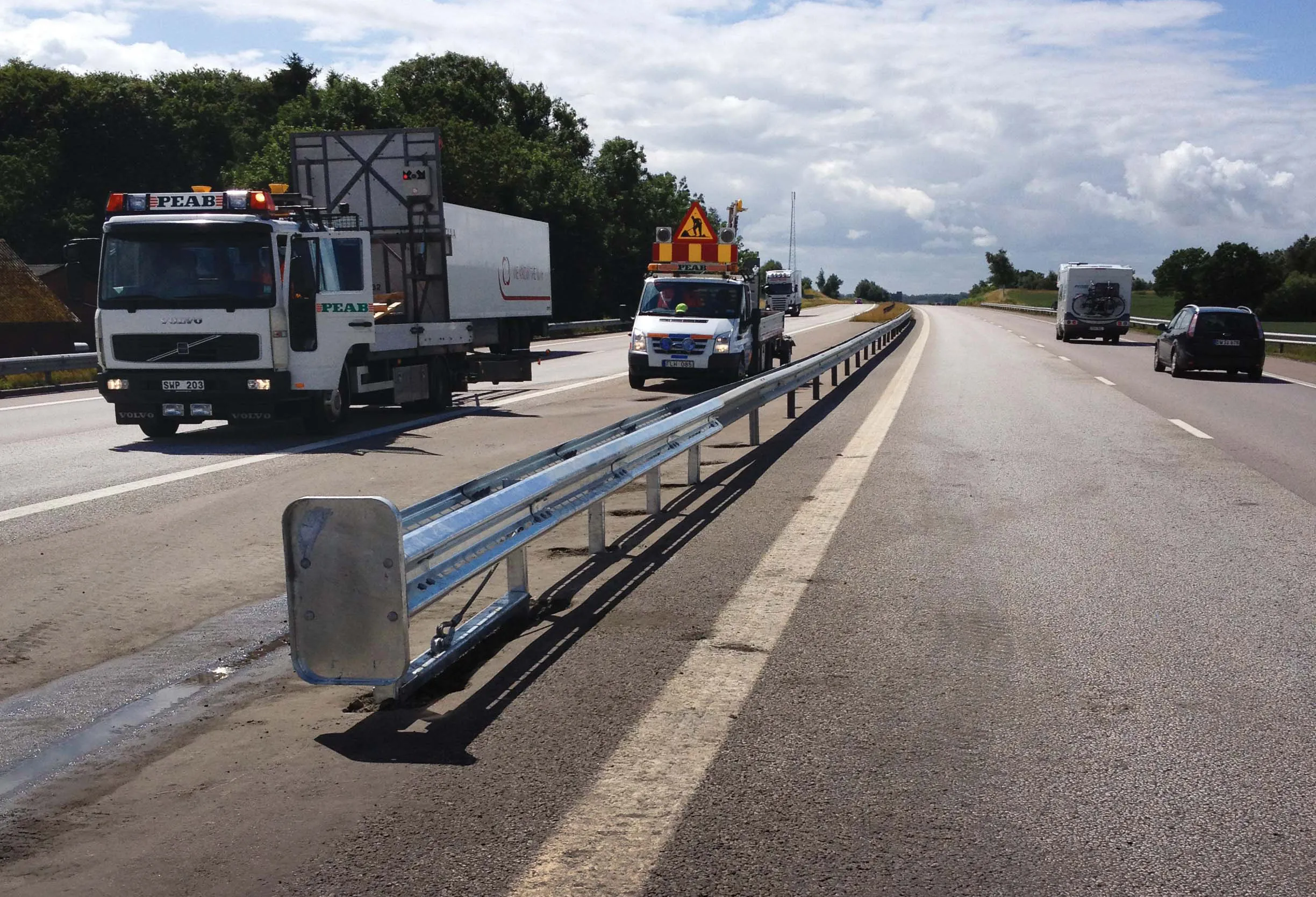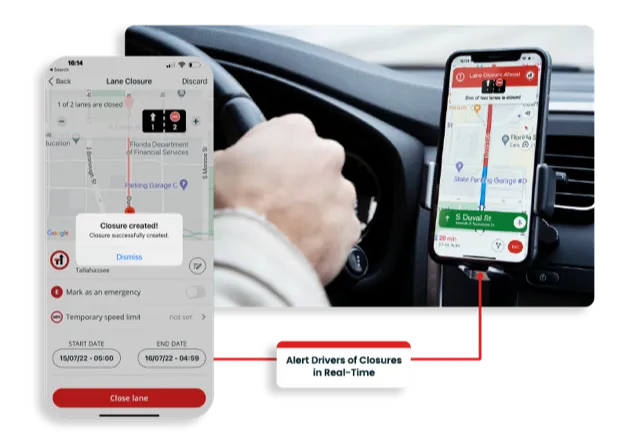The
The FHWA rescinded 23 CFR 635.411 (commonly known as the “proprietary products rule”), a federal regulation that prohibits state and local governments from using patented or proprietary products on highway and bridge projects that receive federal funding. The rule was adopted in 1916 by the US Department of Agriculture, which then managed the emerging federal-aid highway program.
ARTBA formally petitioned the
“This archaic regulation was a roadblock to innovation,” ARTBA president & CEO Dave Bauer explained. “The status quo is the only thing that should be off the table as we seek to deliver and fund transportation solutions.”
In its decision, FHWA characterised the rule as a “barrier to innovation in highway technology” and noted that its repeal “best provides State DOTs [Departments of Transportation] greater flexibility to use innovative technologies in highway transportation.”
The FHWA action will free up states to use federal highway funds on a host of patented or proprietary road and bridge technologies that can help deliver a safer and more efficient roadway system for motorists and businesses. These include reflective road lane dividers that deter tired motorists from drifting into oncoming traffic, traffic signs that minimise injury by collapsing at the slightest impact and road barriers on wheels that provide physical but movable walls between traffic and construction workers.
“This is only the first step in an important process,” Bauer noted. “We must continue to explore how best to integrate new technologies into the transportation marketplace and ensure that new, beneficial ideas are not prevented from reaching the driving public. At the same time, we have confidence transportation agencies will work to protect the integrity of procurement processes in their respective states,” Bauer said.
ARTBA was assisted in the petition action by the Washington, DC, law firm, Venable, LLP. The Venable team was led by former US Secretary of Transportation James Burnley.
New procurement rules for US roads will boost innovation
The Federal Highway Administration (FHWA) in the US has repealed a 103-year-old federal procurement rule.
September 27, 2019
Read time: 2 mins







